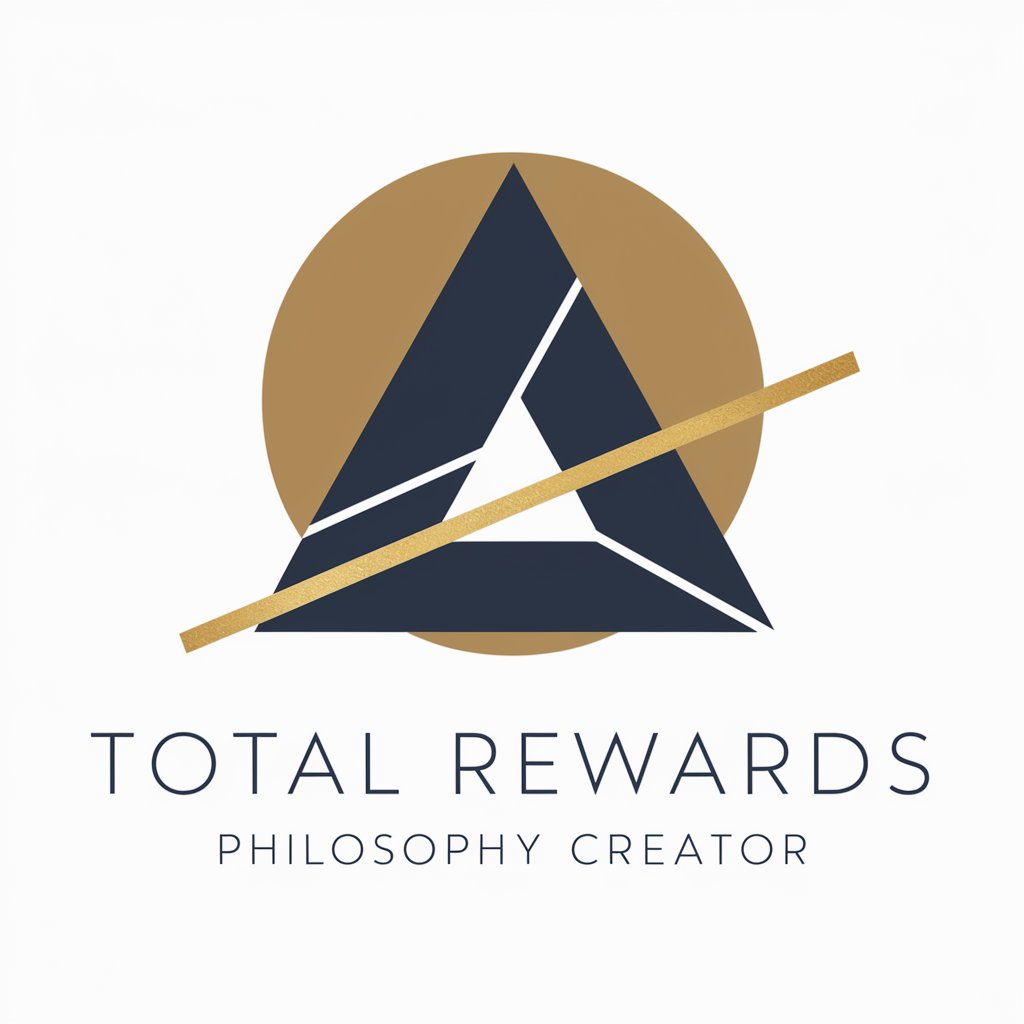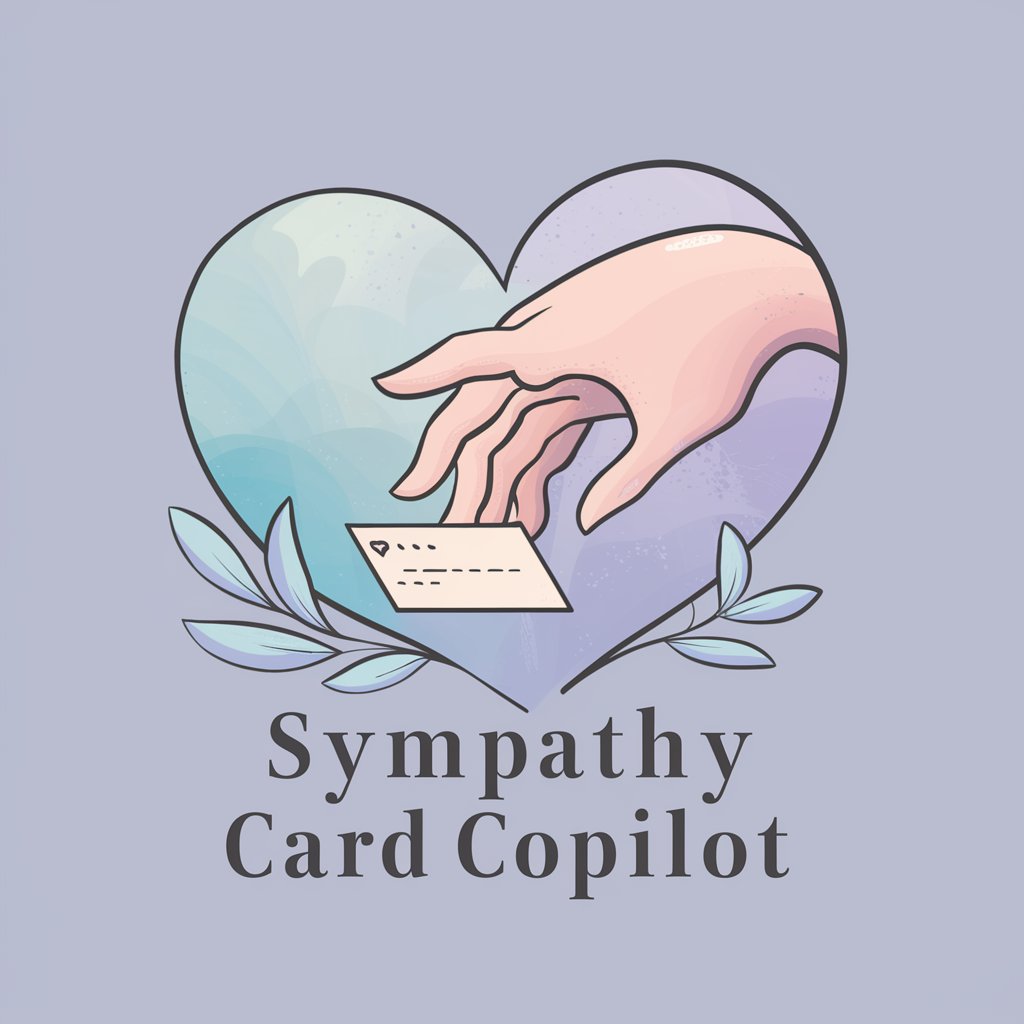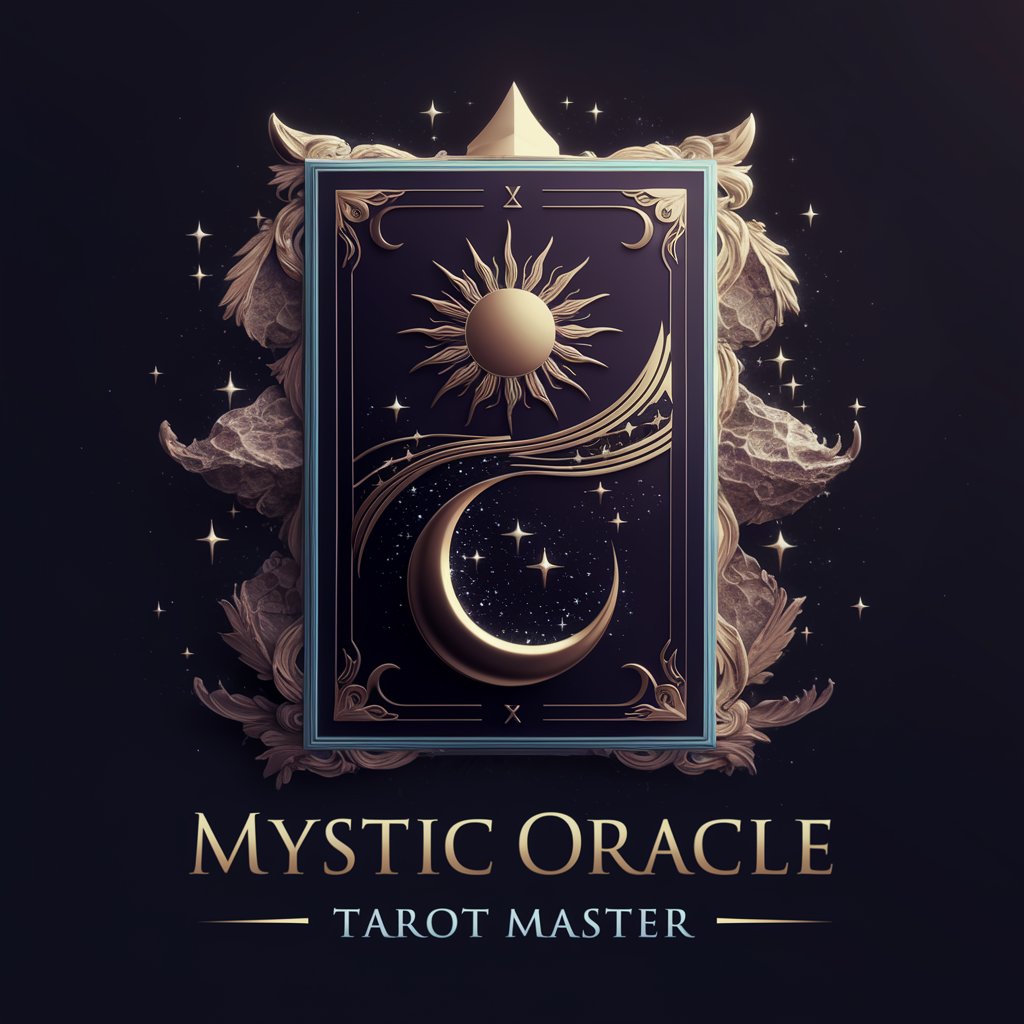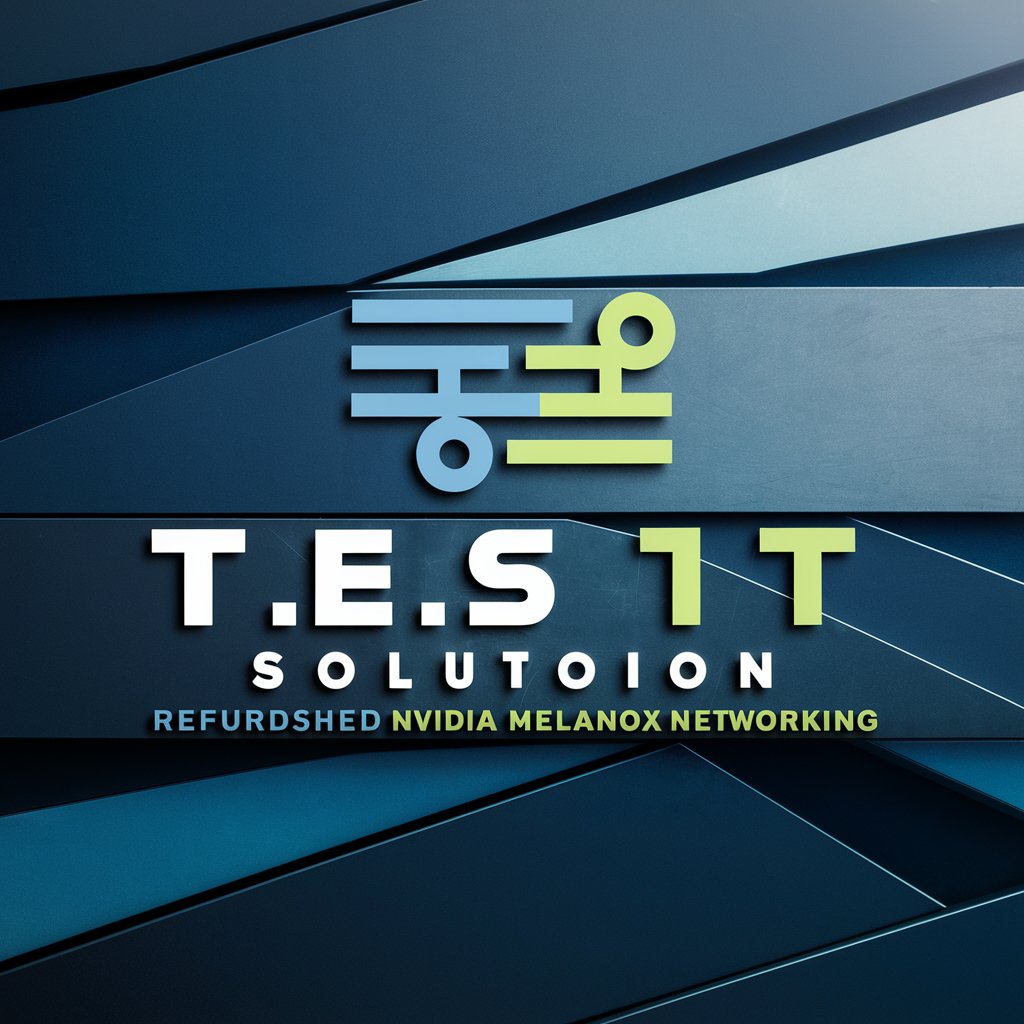Total Rewards Philosophy Creator - Total Rewards Strategy Crafting

Welcome! Let's craft your ideal total rewards philosophy.
Crafting Tailored Rewards Strategies with AI
What are the key elements of your organization's reward culture?
How do company financials influence your total rewards decisions?
What is your competitive market position in terms of compensation?
How do you approach geographic differentials in your compensation strategy?
Get Embed Code
Overview of Total Rewards Philosophy Creator
The Total Rewards Philosophy Creator is a specialized tool designed to assist organizations in developing a comprehensive rewards strategy that aligns with their unique business objectives, culture, and employee needs. This tool delves into various components of an employee's total rewards package, including, but not limited to, salary, benefits, bonuses, recognition, and career development opportunities. By methodically analyzing each aspect of the total rewards philosophy, such as reward culture, company financials, competitive market position, geographic differentials, pay for performance, pay equity, and compensation review processes, this tool crafts tailored, insightful total rewards philosophies. An example scenario includes working with a startup to establish a competitive, yet financially sustainable, rewards program aimed at attracting top talent while fostering a culture of recognition and performance. Powered by ChatGPT-4o。

Key Functions of Total Rewards Philosophy Creator
Analysis of Reward Culture
Example
Evaluating a company's current reward practices to ensure they align with the desired organizational culture, such as fostering innovation through recognition and rewards.
Scenario
A tech company looking to promote a culture of innovation and risk-taking among its employees.
Competitive Market Position Assessment
Example
Benchmarking an organization's rewards against competitors to identify strengths and areas for improvement, ensuring the organization remains attractive to current and prospective employees.
Scenario
A retail chain seeking to enhance its employee value proposition in a highly competitive market.
Geographic Differential Analysis
Example
Adjusting pay scales and benefits to account for geographic cost-of-living and market rate differences, ensuring fairness and competitiveness across different regions.
Scenario
A multinational corporation standardizing compensation packages across its global offices.
Pay for Performance Strategy Development
Example
Designing incentive structures that align employee rewards with individual and company performance metrics.
Scenario
A sales organization looking to motivate its workforce and drive business results through a structured commission plan.
Pay Equity Review
Example
Conducting audits to identify and address any disparities in pay that cannot be explained by job role, performance, or other legitimate factors.
Scenario
An educational institution aiming to ensure fairness and transparency in its compensation practices.
Target User Groups for Total Rewards Philosophy Creator
HR Professionals and Executives
Human Resources managers and C-level executives seeking to develop or refine their organization's total rewards strategy to attract, motivate, and retain top talent.
Small to Medium Enterprises (SMEs)
Growing businesses that need to establish a competitive rewards program to stand out in the job market without compromising their financial stability.
Large Corporations
Established companies looking to reassess and innovate their rewards philosophy to keep pace with market changes and employee expectations.
Startups
New ventures requiring a strategic approach to rewards that supports rapid growth and attracts entrepreneurial talent, often with limited resources.

How to Use Total Rewards Philosophy Creator
1. Initiate Your Experience
Access the tool by visiting a designated platform offering a free trial, ensuring immediate engagement without the need for subscription or account creation.
2. Identify Your Objectives
Clarify your company's goals regarding compensation, benefits, and overall reward strategy to align the tool's output with your organizational needs.
3. Engage with the Questionnaire
Respond to the series of questions posed by the Total Rewards Philosophy Creator, covering aspects like reward culture, competitive market position, and pay equity.
4. Review Generated Philosophy
Examine the comprehensive total rewards philosophy statement crafted based on your inputs, offering a customized strategy for your organization.
5. Implement and Adjust
Apply the insights and recommendations from your personalized total rewards philosophy, and revisit the tool for adjustments as your organizational needs evolve.
Try other advanced and practical GPTs
Sympathy Card Copilot
Empathy-powered, personalized condolence messages.

Shashlik Mood Chef
Tailoring Shashlik to Your Mood with AI

FMGOD
Optimize your FM24 tactics with AI power

Mystic Oracle Tarot Master
AI-Powered Tarot Readings for Insightful Guidance

Pizza Mood Chef
Tailored pizza recipes for every mood, powered by AI.

Help
Empowering Creativity & Knowledge with AI

TES Brand Consistency Creator
Automate Your Brand Consistency with AI

Forex Educator
Empowering Your Forex Journey with AI

babysitter
Empowering Parents with AI-Powered Guidance

Writing
Empower Your Writing with AI

AdTube Expert Says
Maximize your YouTube ad success with AI-powered insights

🛡 Miniature Army lv3
Craft Your Warhammer Legions with AI

Total Rewards Philosophy Creator FAQs
What is a Total Rewards Philosophy?
A Total Rewards Philosophy is a strategy document that outlines how an organization approaches employee compensation and benefits, including salary, bonuses, health insurance, and other perks, to attract, motivate, and retain talent.
How does the Total Rewards Philosophy Creator tailor recommendations?
The tool customizes recommendations by analyzing responses to a detailed questionnaire, focusing on factors like company culture, financial performance, market competitiveness, and employee demographics.
Can Total Rewards Philosophy Creator adjust for different geographies?
Yes, the tool considers geographic differentials in cost of living and market rates, ensuring recommendations are relevant for employees in various locations.
Is the tool suitable for small businesses?
Absolutely, the Total Rewards Philosophy Creator is designed to support organizations of all sizes, providing scalable and adaptable strategies that align with business goals and budget constraints.
How often should the total rewards philosophy be reviewed?
It's advisable to review and update your total rewards philosophy annually or as significant changes occur in your business or the external market to ensure it remains effective and competitive.
